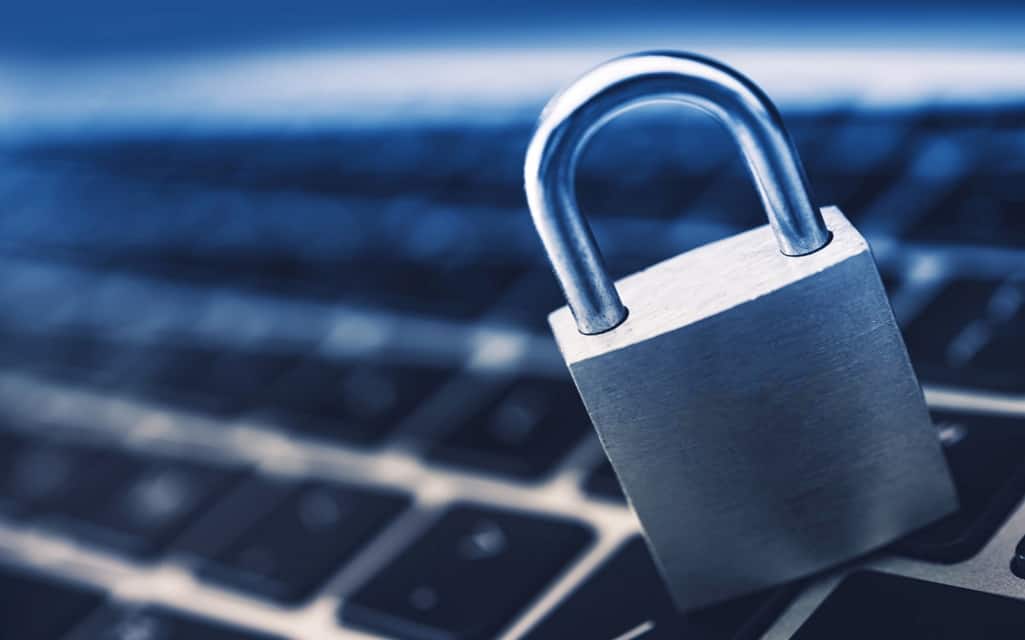Did you know that phishing attacks are on the rise?
The current COVID-19 pandemic has many people staying indoors on the computer, which means the chances of falling victim to a phishing attack are even greater. Despite this safety concern, there are important things to remember for cybersecurity. That way, you can protect yourself during these chaotic times.
Keep reading to learn all about the 5 best cybersecurity tips.
1. Don’t Delay Updates
Whenever your software indicates that there is a new update available, you shouldn’t put it off. While you might be in the middle of something, delaying it can increase your risk of a phishing attack.
Many updates for programs aren’t just about making buttons glossier. Rather, updates ensure that the program’s weaknesses are fixed, making it much harder for viruses and hackers to get your personal information.
Updating your computer’s programs might be an inconvenience every week or so, but you’ll have a much bigger headache if you allow a virus to slip through the cracks.
2. Always Back up Your Data
One of the most basic but effective cyber tips involves backing up your data. While many viruses are created to steal your sensitive information, there are also destructive viruses designed to erase or keep you away from your data.
With this in mind, backing up your data is a way to ensure that you always have access to important personal information.
3. Scan for Viruses Regularly
Not everyone can afford fancy antivirus software, but there are many free programs that can offer you basic protection.
Most software will allow you to scan your computer for viruses. To be safe, make sure you scan your computer at least once a month.
4. Don’t Let Your Guard Down
When it comes to cybersecurity awareness tips, avoid having the mentality that you can’t become the victim of a virus. Viruses and malware don’t discriminate between computers and the sensitive data that’s on them.
By thinking that you’re immune to viruses by default, you’ll be letting your guard down and putting yourself more at risk.
5. Think Before You Click
Whether you’re reading an email or visiting a social media website, you should always think twice before clicking on a link. Browers like Google Chrome will let you know if the site is secure. This is indicated by a lock symbol next to the URL.
If you’re signing into a website with your email and password, make sure you visit the site directly rather than clicking on an email link. This will help to protect you from phishing scams.
For more online security tips, listen to this talk with Anne Neuberger.
Read More: Why It’s Time To Address Cybersecurity And Threats
Ready to Use These Cybersecurity Tips?
Now that you’ve learned all about the 5 best cybersecurity tips, you can make sure you’re protected from malware, phishing scams, and more.
For more on everything related to technology, business, travel, and other important topics, please take a look at our other articles.



